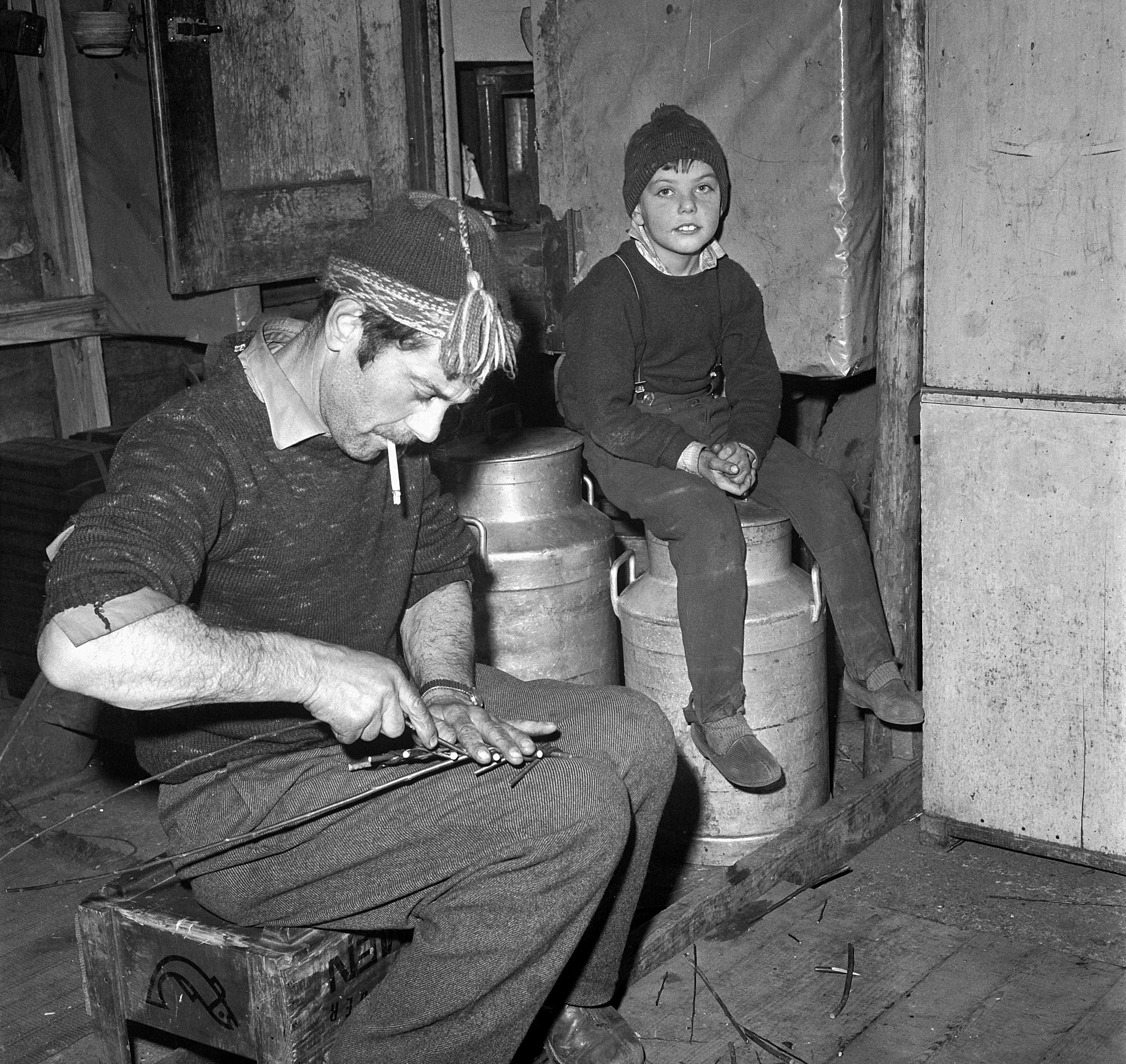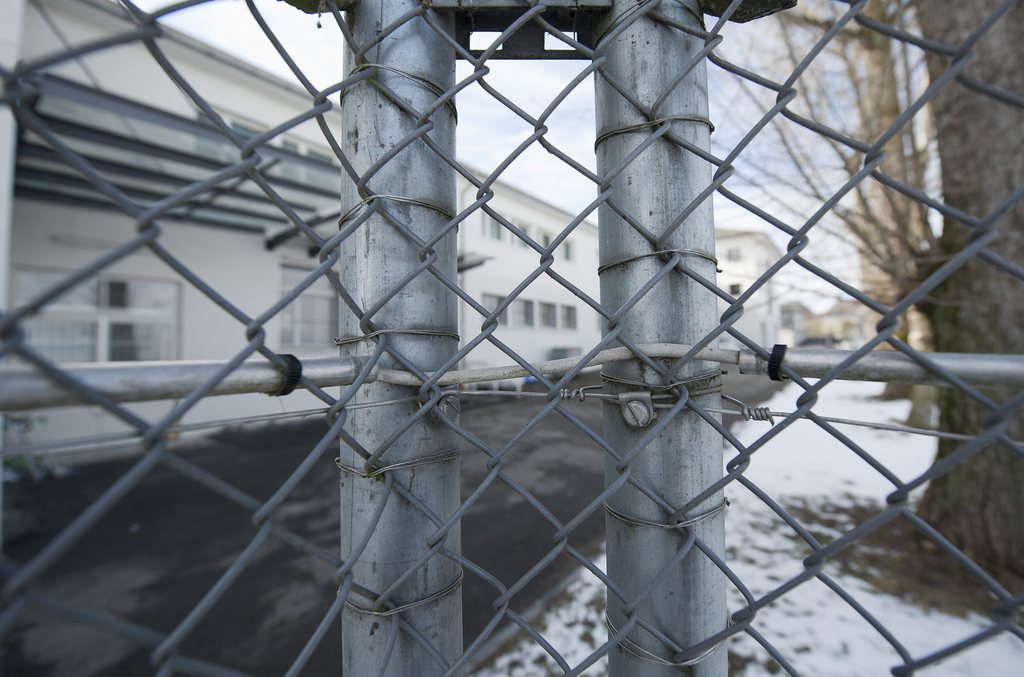Hardship fund created for care system victims

Victims of a harsh Swiss welfare system that operated until the 1980s will soon be able to apply to a hardship fund. Children were taken away from their families to work on farms and some women and girls in care were subjected to forced sterilisation.
On Monday, a victims’ representative and the Swiss Solidarity Fund agreed on the official creation of a fund to which victims of the now-condemned practices can apply from June. The first payments are set to be made in September.
In April, 2013, Justice Minister Simonetta Sommaruga apologised on behalf of the cabinet for the harm suffered by tens of thousands of so-called “discarded children” who were taken from their families as part of a harsh foster care system sanctioned by the state, which evolved from a rural custom of taking on poor children as servants and labourers.
Included in the official apology were women and girls subject to forced sterilisation and those locked up under the “administrative care” legal provision. Some were removed from society for being unmarried and pregnant, many were put under pressure to give up their babies for adoption. Other women and men were deprived of their freedom for “licentiousness”, “drunkenness” or for being “work shy”.
‘Gesture of solidarity’
Sommaruga made no direct reference at the time to possible financial compensation.
Indeed, the hardship fund created on Monday is not financial compensation but rather a “gesture of solidarity”, as the government put it in a statement, to which people “whose integrity was violated” by severe measures of the Swiss care system can turn if they are in financial difficulty.
From June, impoverished victims can apply to the fund. A round table of social work experts and victims themselves will then assess the applications, and if approved, the application will be forwarded to the Swiss Solidarity Fund, which will have the final say and make the payment.
It is foreseen that one-off payments of CHF4,000-CHF12,000 ($4,500-$13,500) will be made.
The fund will be supported by cantons, cities, communes, institutions and organisations, as well as by private donors.
It is seen as a temporary solution until a legal basis for state-funded compensation can be created. Talks on this are in progress but a law could take three or four years, according to the government statement.

In compliance with the JTI standards
More: SWI swissinfo.ch certified by the Journalism Trust Initiative



You can find an overview of ongoing debates with our journalists here. Please join us!
If you want to start a conversation about a topic raised in this article or want to report factual errors, email us at english@swissinfo.ch.